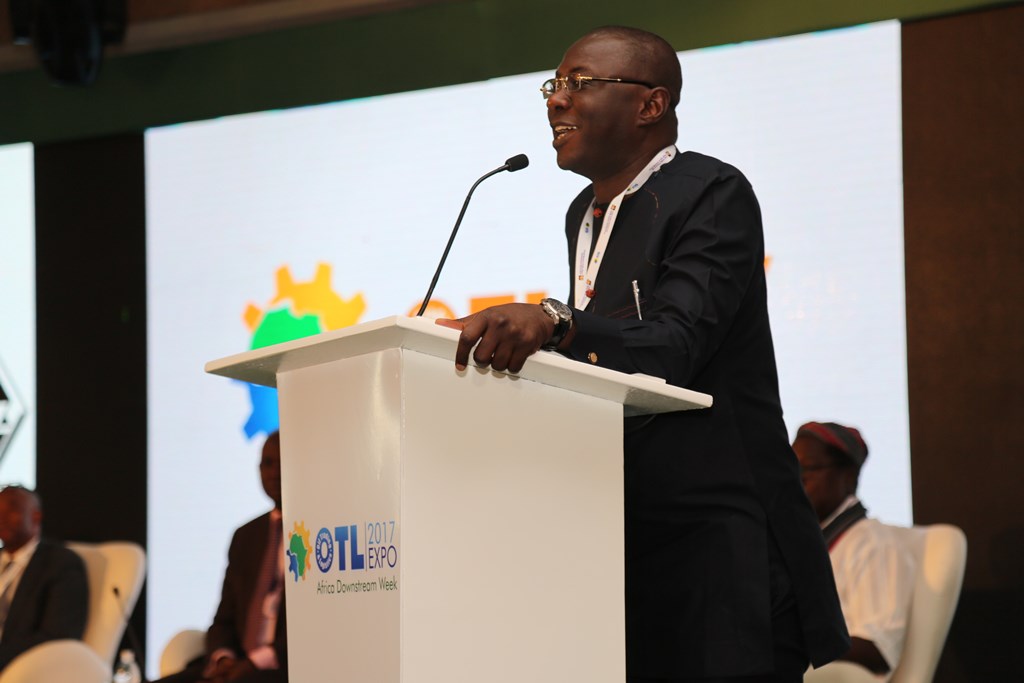Political interference and special interest are major factors that have over the years undermined the enforcement of safety regulations in the downstream petroleum sector.
Regulators have yielded to pressure and failed to deliver, leading to poor regulatory regimes that have put the lives and property of people in danger, consequently projecting the petroleum industry as insensitive, irresponsible and only motivated by profits.
That is the revelation from Deputy Minister of Energy Dr Mohammed Amin Adam, who is calling for immediate measures to arrest the situation.
Speaking at the African downstream oil trading and logistics (OTL) expo 2017 in Nigeria, he noted that operating at the very end of the petroleum value chain, with proximity to human populations and their property, the sector has an enormous responsibility to ensure adherence to stringent safety measures.
Unfortunately, he added, one of the greatest challenges to the downstream petroleum industry is the inability to match the upstream industry in the area of safety and security. The consequences have been disastrous.
Ghana is currently struggling to implement policies to enforce safety standards at filling stations after the latest explosion in Accra that claimed 7 lives and injured over 150 others.
Preliminary findings have attributed the disaster to the disregard of safety procedures at the station during the discharge of liquified petroleum gas, resulting in a leakage and a subsequent explosion.
The National Petroleum Authority in charge of regulating the downstream petroleum sector have since the catastrophe stepped up safety checks, leading to the closure of a third of 100 stations inspected.
Dr Amin Adam challenged industry players in the West African Sub-region to complement the role of regulators by taking the bold step of formulating industry safety standards through industry associations and peer review each other and where necessary delist peer not keeping with standards. This will not only complement the role of regulators but embolden them to take decisive disciplinary actions against offending industry players based on industry recommendations.
On the future of the downstream petroleum industry in the country, the Deputy Energy Minister said the vision of the Government of Ghana is to ensure that the industry becomes a Petroleum hub in the sub-region. The government is therefore developing a Downstream Petroleum Infrastructure Masterplan, aimed at enhancing the pace of infrastructure sourcing with a regional context in mind.
He believes the unique geographical position, democratic stability and security require that the country provides leadership in building an integrated infrastructure to serve the sub-regional petroleum industry. Dr Amin Adam invited the private sector; to take advantage of Ghana’s favourable petroleum market environment and invest in infrastructure such as oil jetties, pipeline and distribution infrastructure, refineries and gas processing plants, storage and loading gantries, among others.





